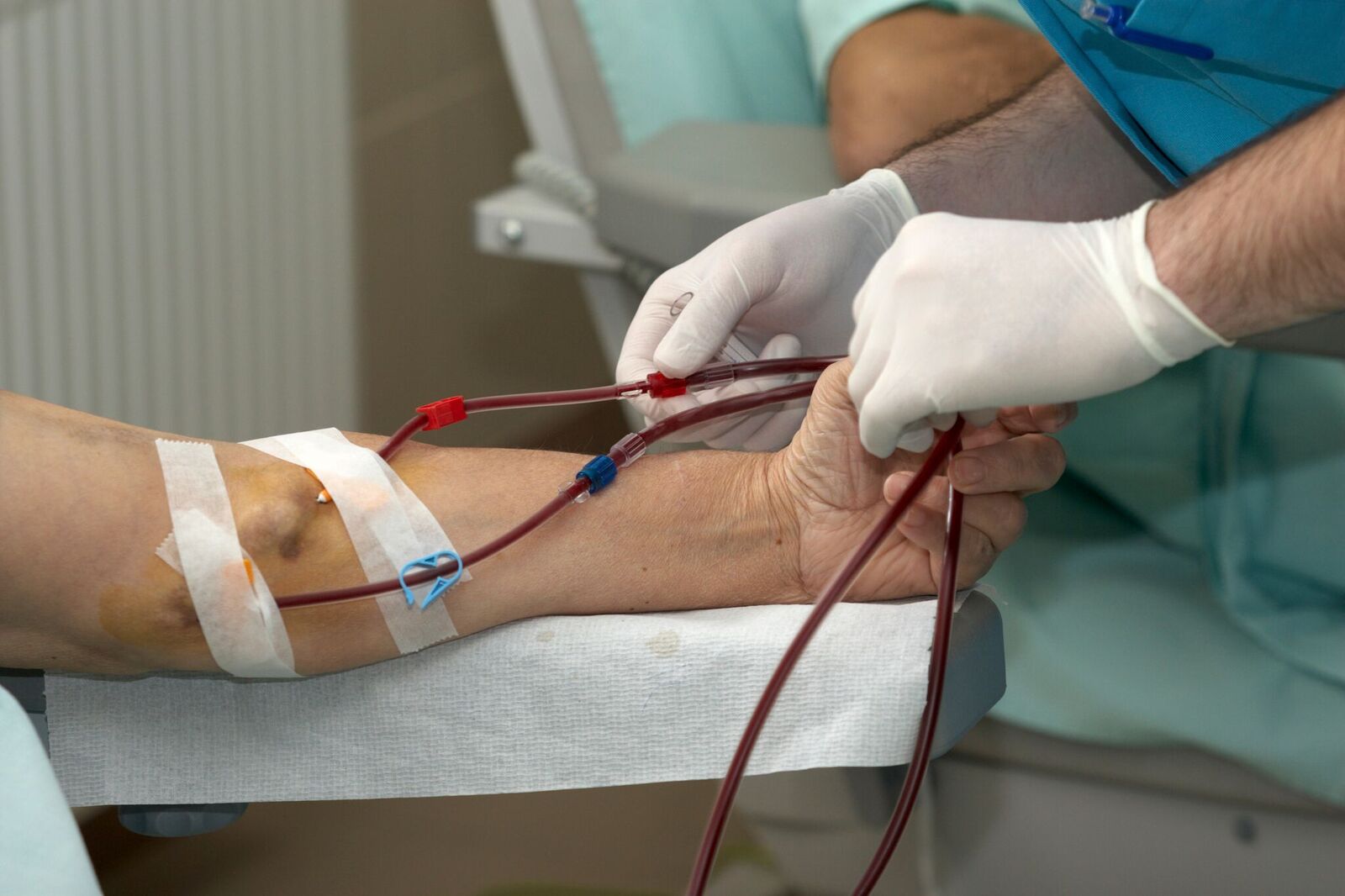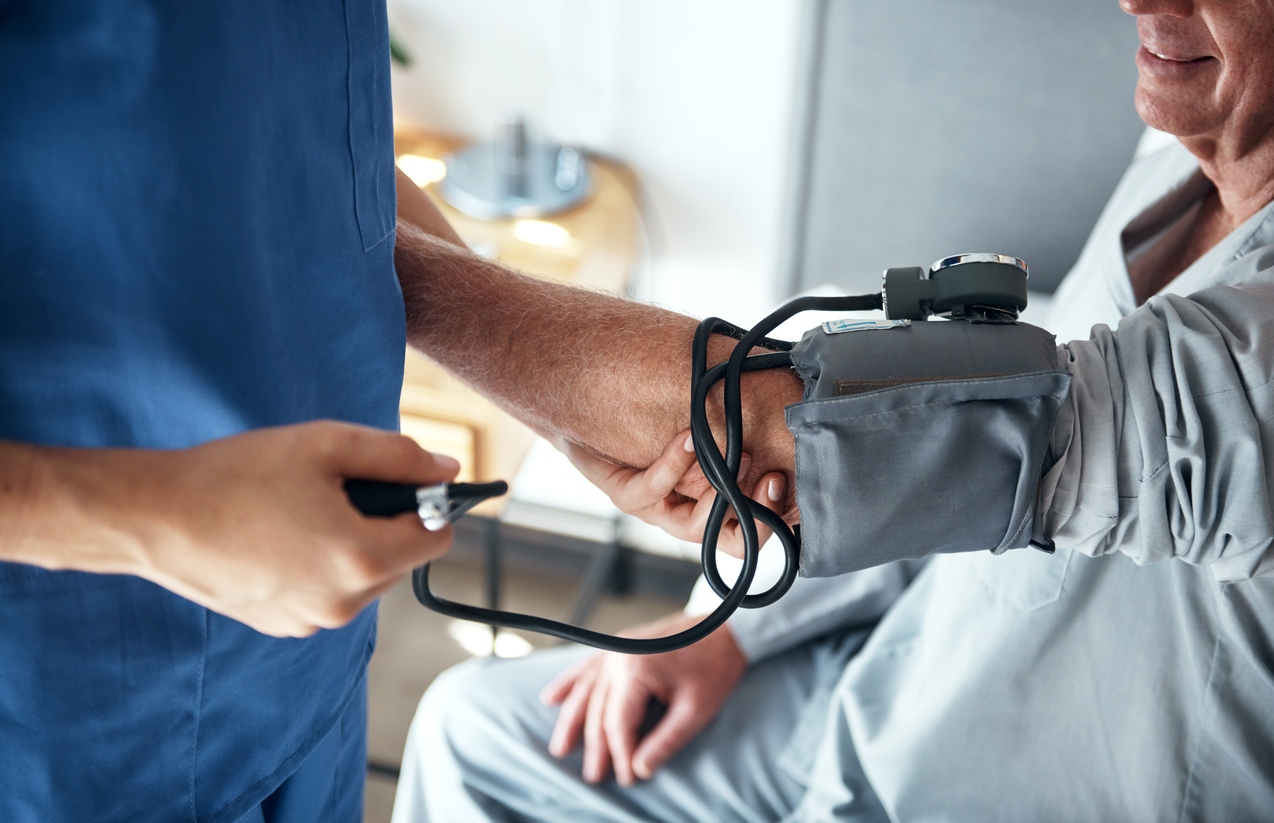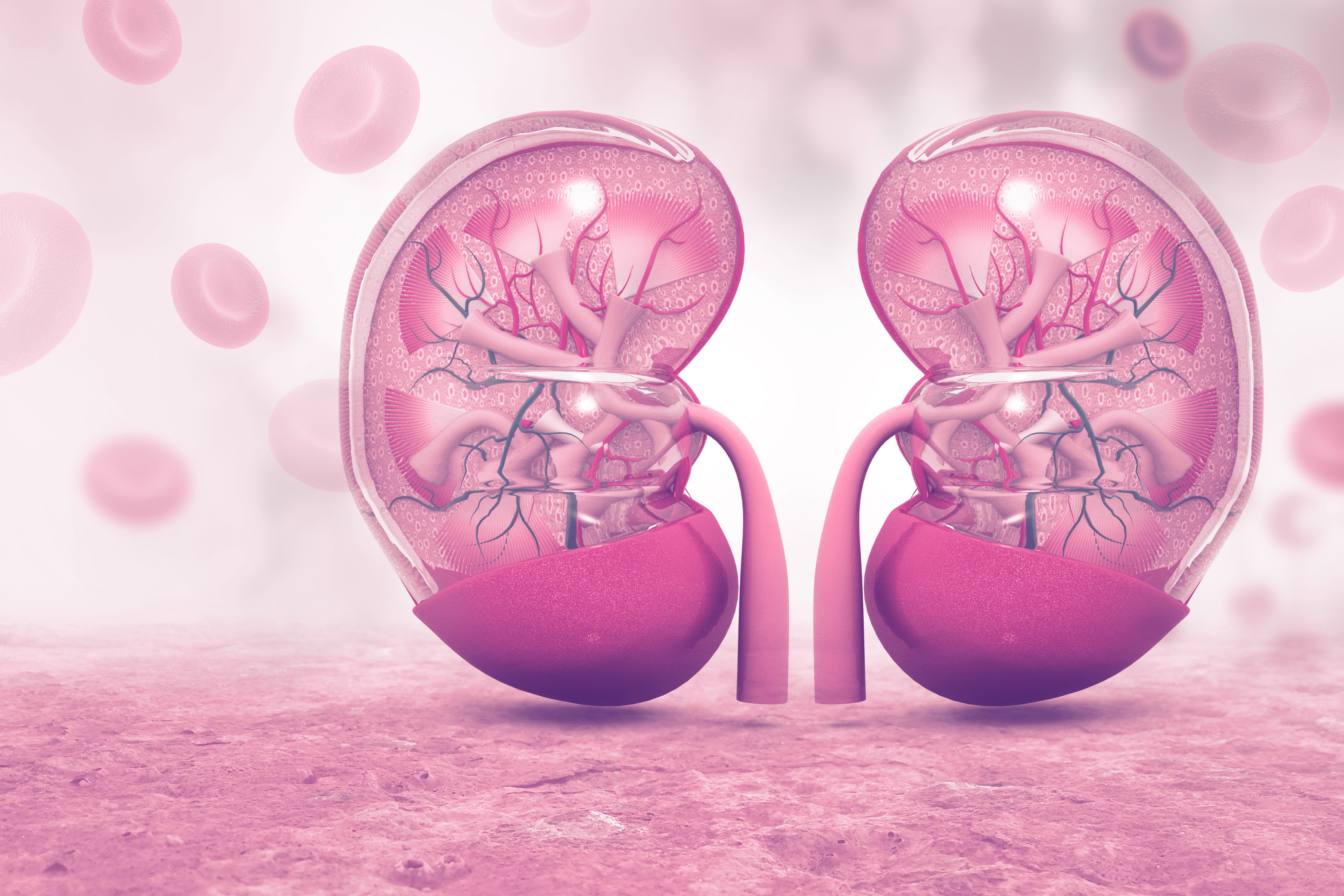Dialysis Diet on a Budget
With so many food choices available and limited time in your schedule, it can be difficult to select the right food options for your kidney health and for your wallet. Use the following suggestions to help you eat more healthfully at home and on the go, while also saving money. Inexpensive Protein Options Canned tuna (use for tuna salad over salad greens or in a sandwich) Canned salmon (try it on grits, or make salmon croquettes) Eggs (make egg salad served over salad greens or as a sandwich, or try them boiled, deviled, scrambled, fried or poached) Inexpensive fish such [...]






